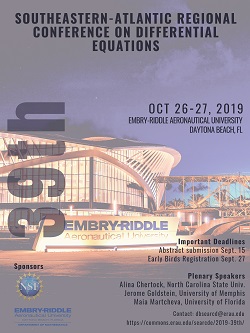Abstract
Optimal control of the general boundary value problems in a bounded Lipschitz domain for the linear second order uniformly elliptic PDEs with bounded measurable coefficients is considered. Control parameter is the density of sources, and the cost functional is the L2 norm declination of the weak solution of the elliptic problem from measurement along the boundary or subdomain. The optimal control problems are fully discretized using the method of finite differences. Two types of discretization of the elliptic boundary value problem depending on Dirichlet or Neumann type boundary condition are introduced. We prove the convergence of the sequence of finite-dimensional discrete optimal control problems to the original problems both with respect to the cost functional and the control. The methods of the proof are based on energy estimates in discrete Sobolev spaces, weak compactness and convergence of interpolations of solutions of discrete elliptic problems, and delicate estimation of the cost functional along the sequence of interpolations of the minimizers of the discrete optimal control problems.
Convergence of the Method of Finite Differences in Optimal Control for Second Order Elliptic PDEs
Optimal control of the general boundary value problems in a bounded Lipschitz domain for the linear second order uniformly elliptic PDEs with bounded measurable coefficients is considered. Control parameter is the density of sources, and the cost functional is the L2 norm declination of the weak solution of the elliptic problem from measurement along the boundary or subdomain. The optimal control problems are fully discretized using the method of finite differences. Two types of discretization of the elliptic boundary value problem depending on Dirichlet or Neumann type boundary condition are introduced. We prove the convergence of the sequence of finite-dimensional discrete optimal control problems to the original problems both with respect to the cost functional and the control. The methods of the proof are based on energy estimates in discrete Sobolev spaces, weak compactness and convergence of interpolations of solutions of discrete elliptic problems, and delicate estimation of the cost functional along the sequence of interpolations of the minimizers of the discrete optimal control problems.



Comments
View Parallel Session